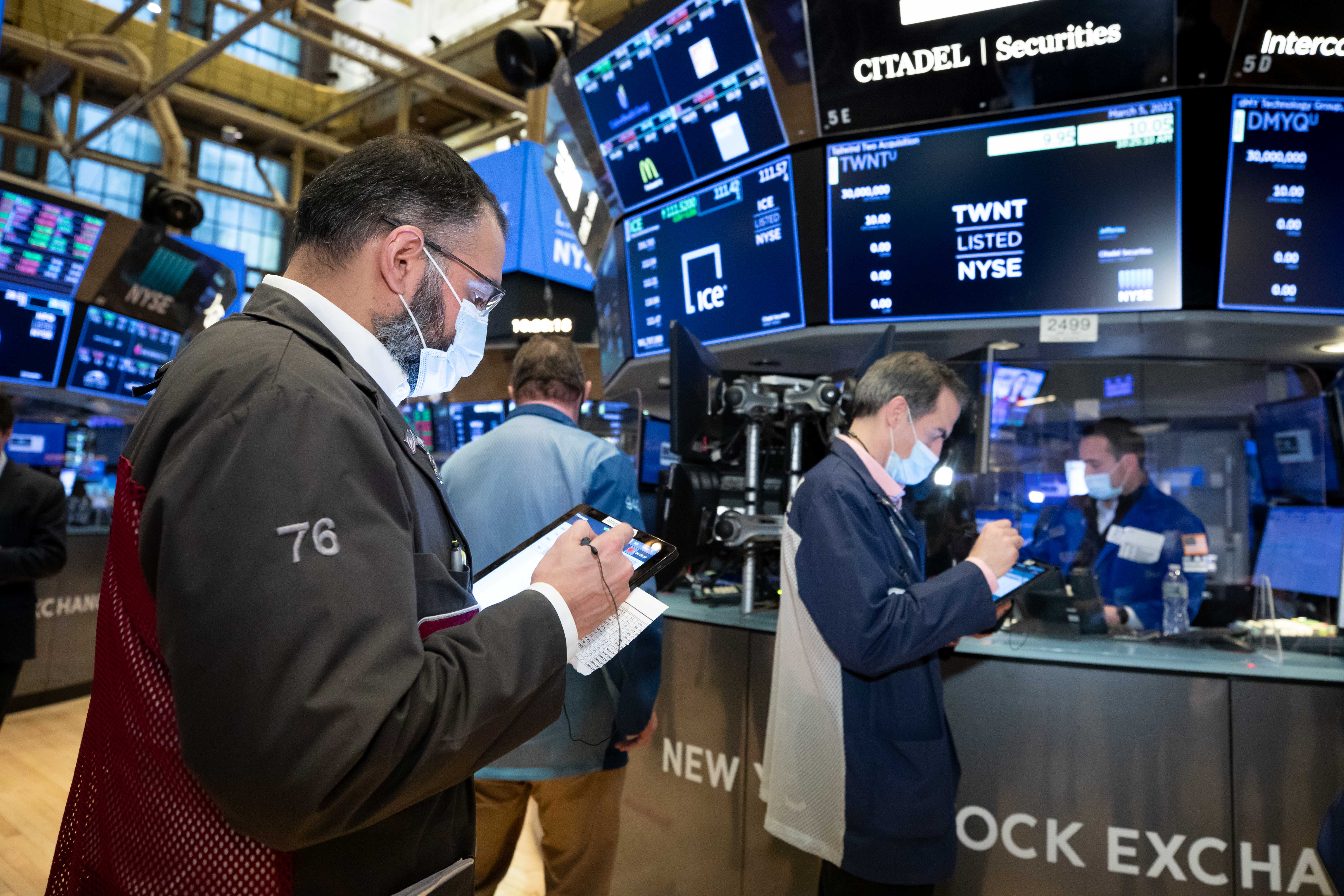
Timing isn’t everything, especially for individual investors.
That’s the message three ETF market analysts sent to the retail investing community on CNBC’s “ETF Edge” this Monday as Big Tech sold off and value-based investments gained ground.
That pattern seemed to reverse early Thursday, with the tech-heavy Nasdaq 100 index mounting a recovery in premarket trading.
“It’s important for investors to be cognizant of the potential opportunity cost of trying to time markets,” said Wes Crill, head of investment strategists and vice president at Dimensional Fund Advisors.
If you invested $1,000 in the S&P 500 in 1970…
| Total return | $138‚908 |
| Minus best-performing day | $124‚421 |
| Minus best 5 days | $90‚171 |
| Minus best 15 days | $52‚246 |
| Minus best 25 days | $32‚763 |
Investors who missed out on the market’s best day in the last 50 years saw their growth of wealth drop 10%, Crill said, citing data collected by Dimensional through August 2019.
“In 2020, the average daily trade volume in equity markets alone was over [$]650 billion,” Crill said. “That represents a lot of buyers and sellers coming together and setting prices, and that’s kind of what you’re up against when you attempt to outguess markets, whether it’s picking individual stocks or just trying to predict which segments of the market are going to go where at what particular time.”
Worse yet for individuals, there’s a body of historical evidence stacked against them as it relates to timing the market via stock picking, tracking active mutual funds, navigating asset class timing strategies or dabbling in managed futures, the strategist said.
“The key point for investors to remember is you don’t have to outguess markets to outperform them,” Crill said.
Dimensional’s strategy is based on a simple principle: not all stocks have the same expected return. The firm adds an active management overlay to an otherwise index-aligned approach to buy names with smaller market capitalizations, lower valuations and higher profitability potential in an attempt to outperform, Crill said.
One investment firm puts more stock in timing the market — albeit carefully.
Main Management’s Main Sector Rotation ETF (SECT) uses historical data to make calls on when particular sectors are undervalued in an attempt to outperform, which it has not quite achieved in its three years on the market.
“It’s a process for price, valuation and then a catalyst,” Kim Arthur, Main Management’s founding partner, said in the “ETF Edge” interview.
“Since the first of September, there’s been a massive rotation into value, size and small cap and cyclicals, and that’s because that was when rates bottomed,” he said. “At that point, people realized we weren’t going to have a double dip. And the catalyst for the value component is coming out of a recession, [a] steepening yield curve and getting a situation where you start to have positive real rates. So … we have about half of our portfolio now that’s in those cyclical, value, size components.”
SECT’s top holdings as of Wednesday were financials, health care, the Invesco QQQ Trust (QQQ), technology, value, the iShares Russell 2000 ETF, small-cap information technology and energy, according to ETF Database.
The ETF is linked to a separately managed account that has been trading since 2002 and has topped the S&P 500 over that time frame, Arthur added.
“I totally agree with the whole narrative here that — we tell our clients this — it’s time in the market, not timing the market. But under the cover there … we think that valuation does matter,” Arthur said. “These big cycles do happen in the past and they will happen again because of the economy and price.”




